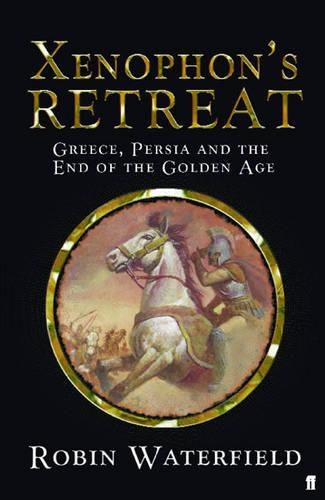
Xenophon's Retreat: Greece, Persia and the end of the Golden Age
(Hardback, Main)
Publishing Details
Xenophon's Retreat: Greece, Persia and the end of the Golden Age
By (Author) Robin Waterfield
Faber & Faber
Faber & Faber
1st December 2006
Main
United Kingdom
Classifications
Tertiary Education
Non Fiction
Ancient history
938.06
Physical Properties
Hardback
272
Width 160mm, Height 242mm, Spine 26mm
485g
Description
It is 401 BC. In battle at Cunaxa on the River Euphrates, the Persian king Artaxerxes II defeats a challenge to his throne by his brother Cyrus the Younger. Among the slain Cyrus's troops are a contingent of Greek mercenaries, known as The Ten Thousand. In the wake of the defeat, Xenophon, a former pupil of Socrates, is elected a general and must lead the men on a fraught journey back to Greece - a journey of hundreds of miles, north from modern-day Iraq into the mountains of Kurdistan and Armenia, and down to the coast of the Black Sea, fighting all the way, harried on all sides by Persian forces, wild mountain tribesmen, and a bitter winter .
In Robin Waterfield's telling, this epic journey - which climaxed with a soon-to-be-legendary cry, 'The sea, the sea!' - is a gripping adventure full of drama, human interest, strong characters, pathos and triumph. More than that, the events so described occur on the cusp of the change from the age of democracy to that of empire. For the tale begins with Aristotle and the school of Athens but ends with the invasion of Greece by Philip of Macedon and his son, Alexander the Great. Xenophon's retreat symbolises that of the Greek world, and tells us something more of the West's ceaseless preoccupation with the gulf between Europe and the Middle East.
Author Bio
Robin Waterfield has translated editions of Plato's Republic, Symposium and Gorgias. He provided the introduction for the Penguin Modern Classic edition of The Prophet by Kahlil Gibran (2004).
